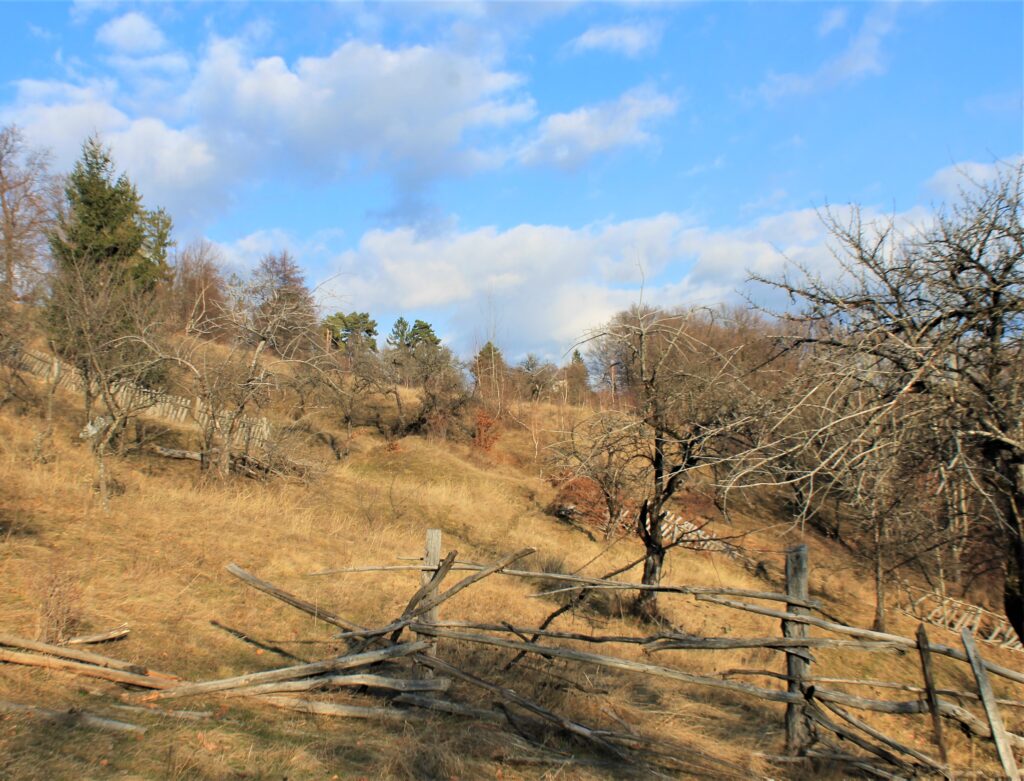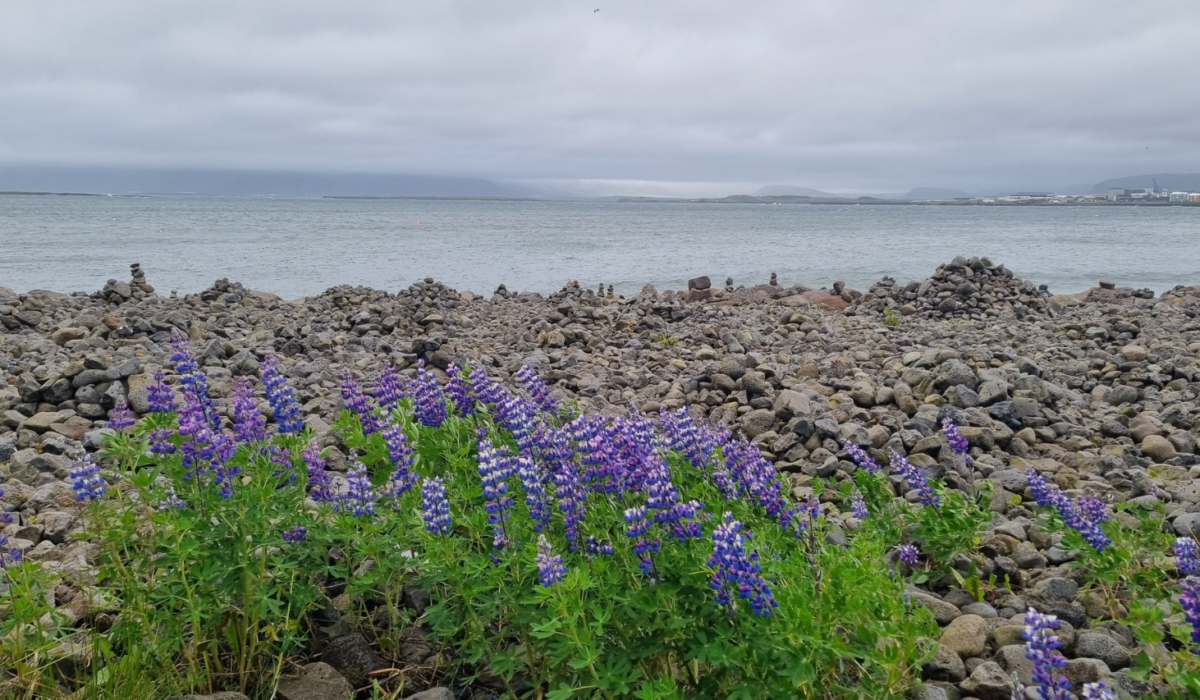On 29 June George Iordachescu was part of a roundtable discussion at the 29th International Conference of Europeanists hosted by the University of Reykjavik, Iceland.
The roundtable ‘European Rurality: Emptiness or Abundance’ was co-organised by Dr Guntra Aistara (Department of Environmental Sciences and Policy, Central European University Press) and Dr Dace Dzenovska (School of Anthropology and Museum Ethnography, University of Oxford) and also included Prof Zsuzsa Gille (Department of Sociology, University of Illinois).
The roundtable continues discussions and debates taking place within the ERC-funded Emptiness Project. Throughout Eastern Europe, rural residents lament the spread of “emptiness” as older inhabitants die, younger relatives move West for better socio-economic livelihoods, old farmhouses are abandoned, and Soviet infrastructure crumbles. The emptying countryside is a translocal phenomenon not limited to Eastern Europe: it is recognizable from central Spain to rural Calabria, from former English resort towns to the French countryside. However, critics of these narratives point out that what seems empty to some is not empty to others, or that emptiness is not to be lamented but rather celebrated. For instance, multispecies approaches encourage a new attentiveness beyond the human, noticing how other species may flourish where humans have left, creating regenerative possibilities in the “patchy landscapes” left in the retreat of the state and the ruins of capitalism. In the context of climate change, where some see wastelands, ecologists may celebrate the return of abundant “nature” and encourage a “rewilding,” or permaculturists may seize the opportunity to reinvent practices of low-input land management and sustainable living or renewable energy.

George’s contribution, titled ‘After Emptiness: Genealogies of land abandonment and green growth futures in the European internal peripheries’ explored lines of his future research agenda related to conservation politics in Europe’s marginal areas. Watch out for upcoming outputs emerging from this discussion.
